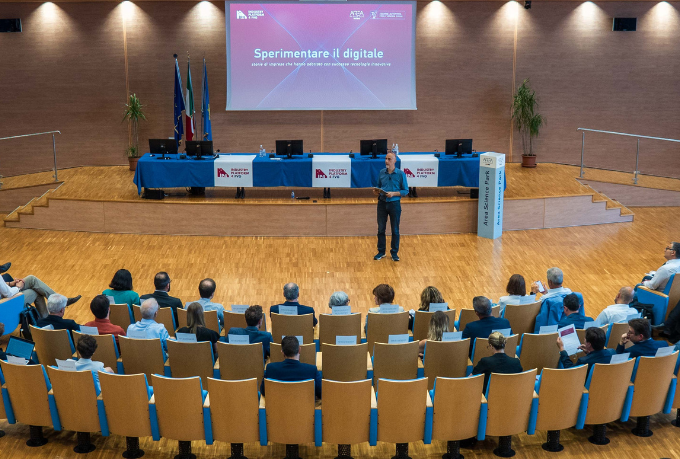
1 February 2023
European Year of Skills: programmes and incentives for green and digital transition
According to recent Eurosat data, more than three-quarters of European companies (77%) experience difficulties in finding qualified workers. In addition, as many as 4 in 10 Europeans (1 in 3 workers) lack basic digital skills and only 37% of adults routinely attend training courses, while only one in five ICT specialists and only one in three graduates in STEM subjects are women.
A snapshot that unveils a broad-based skill shortage that could undermine European economic growth in the coming years, and which, as early as 2021, was observed in as many as 28 occupations, from construction to healthcare, from engineering to IT. On the other hand, being able to rely on an extensive set of skills is key to seizing the opportunities afforded by the green and digital transition.
Therefore, 2023 has been designated as the European Year of Skills precisely with a view to promoting lifelong learning, driving economic growth and employment through stronger training efforts, and guiding society and businesses towards ecological and digital transitions.
Objectives of the European Year of Skills
The proposal, submitted on 14 September 2022 by European Commission President Ursula von der Leyen, was adopted by the Commission the following 12 October and approved on December 8 by the Employment and Social Policy Council, while a final vote by the European Parliament’s Employment and Social Affairs Committee is expected on 6 February.
Through the European Year of Skills, the EU sets out to pursue the following main goals:
- Promoting larger, more effective and inclusive investment in training;
- Ensuring skills meeting the needs of the labour market, through close cooperation with social partners and businesses;
- Balancing the aspirations and skills of individuals with the opportunities offered by the labour market, with special reference to green and digital transitions and economic recovery;
- Involving more women and youth who are unemployed and are not involved in education or training endeavours;
- Facilitating mobility and recognition of qualifications to attract people from third countries having the skills needed by the European Union.
To reach these goals and better address the challenges of digital and green transition, the Commission will promote certain actions aimed at:
- Improving the level of skills and retraining;
- Raising awareness on improving skills;
- Analysing the need for skills
- Streamlining the process for recognition of qualifications, including those attained outside the EU.
Initiatives and funding for capacity building and training
On the other hand, the EU can rely on the various initiatives it has had in place for some time to train European citizens and expand the pool of talent and skills in the Member States. These programmes include the:
However, sources of funding for training are also plenty and significant.
For example, the broader Digital Europe programme (we have talked about it here), which allocates € 577 million to “Advanced Digital Skills” (Specific Goal 4) with a view to designing and delivering specialised programmes and internships for future experts in key areas, such as data and AI, cybersecurity, quantum and HPC, which can also be accessed by businesses (to keep an eye on calls falling under this goal, we encourage you to visit the page of the HaDEA agency which manages almost all of the programme’s calls).
Grants for skills training are also included in Horizon Europe, the framework programme for research and innovation, or in Erasmus+ which increasingly, thanks to mobility between Member States, supports the exchange of skills and best practices of workers as well.
Moreover, the European Social Fund Plus, i.e. the EU’s main instrument for investing in people, is ever so active. With a total budget in the region of € 99 billion for the 2021-2027 period, the fund – which is mainly extended through Regional authorities – makes an important contribution to European policies on employment, society, education and skills.
Finally, thanks to national funds and the Recovery and Resilience Facility, the Training 4.0 Tax Credit measure is still in force, as it supports actions for developing skills within businesses as part of digital transformation efforts. We cover this topic here















